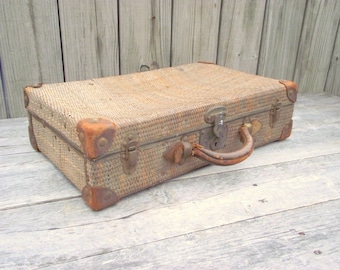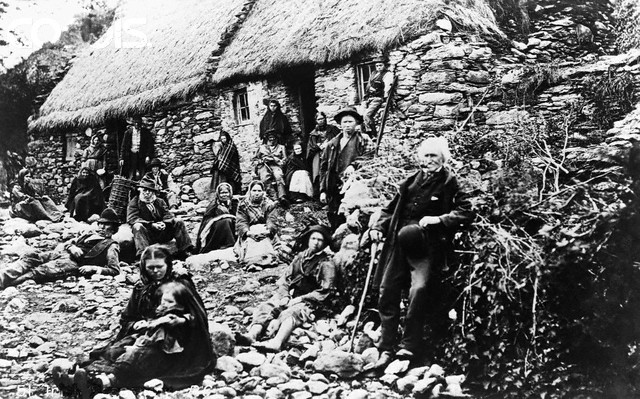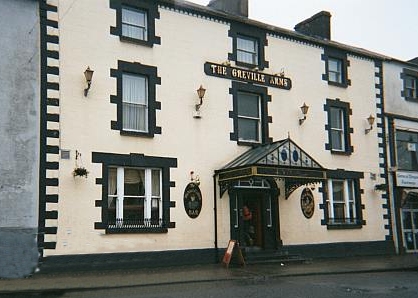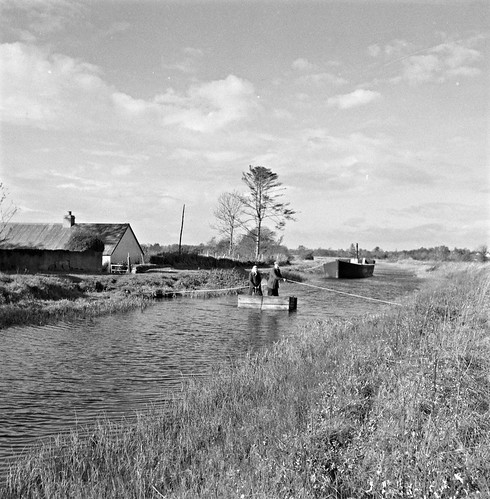14 14a 14b 14c 14d 14e
TS237-253
SC209-220
MS481-506-?513
The earliest surviving fragments of SH are framed as being the summer before entering University, though they seem based on two visits to Mullingar that Joyce took with his father in the summers of 1900 and 1901. In SH, the Retreat has taken place the previous December.
(Stephen smokes cigarettes in the chapter!) Again, this may indicate that in both SH and the Trieste Portrait, Joyce has shifted his first year or two of University back onto Belvedere, which they more closely resembled in terms of conformity, etc.
"new fervour of youth"
Clare Howard (there was a Howard family in the neighborhood) [j&c234] [1901]
Joyce told Stannie "Fulham is not old Sheehy-- he comes in later." [SL52, 07Feb 1905] [1901]
Joyce recycled the 'Fulham' name a few years later at the start of 'The Dead' [qv] as the landlord of the Usher's Island house-- actually a corn factor named Fagan [cite]
Fulham's house is based on Awley Bannon [j&c233]
14 14a 14b 14c 14d 14e










